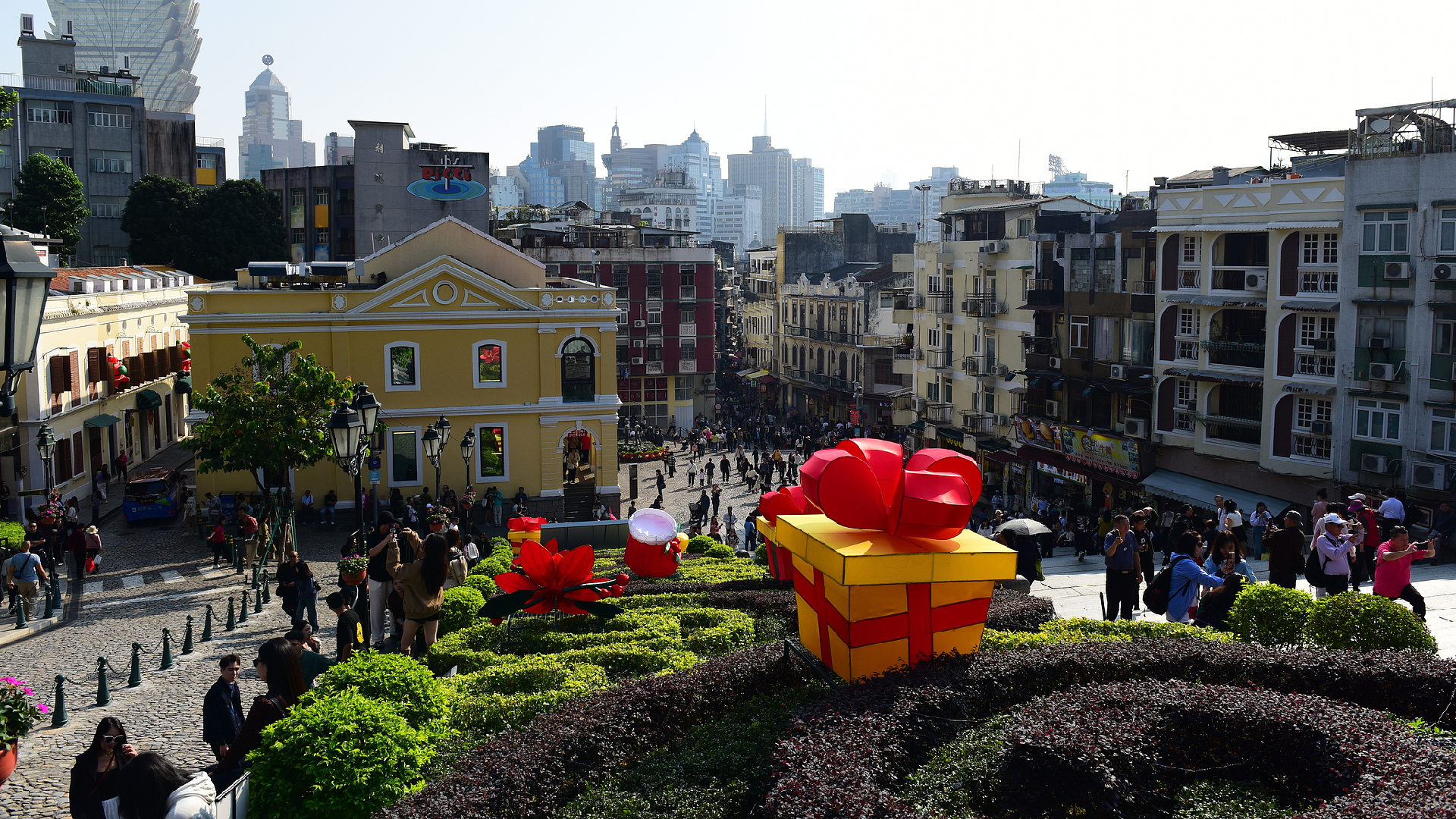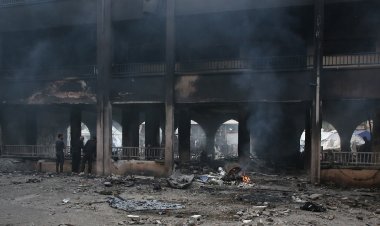Surging Forward: Macao's Economic Diversification Reaches New Heights
Exploring the theme of economic diversification in Macao, "Tide Rising" highlights the new heights the region is achieving in its efforts to expand beyond traditional industries. The article delves into various sectors contributing to this growth, showcasing innovative strategies and developments that reflect Macao's dynamic evolution.

Hui Ho-Kit, a recent undergraduate from California, has returned to his hometown in Macao Special Administrative Region, China, with a mission to introduce advanced robotics technology from the Chinese mainland to the city. By utilizing the resources and opportunities of the Guangdong-Hong Kong-Macao Greater Bay Area (GBA), he successfully established his business and engaged with the region's expanding tech ecosystem.
The entrepreneurial climate in the GBA is distinctive, Hui noted, stating that, "Each city leverages its own strengths – Macao has resources related to Portugal, Hong Kong is strong in finance, and Shenzhen leads in smart manufacturing. Working together is very close and convenient."
His journey reflects a significant transformation in Macao, which is transitioning from an economy heavily reliant on gaming to one that embraces a variety of new industries.
Since its return to China in 1999, Macao has undergone remarkable changes. Traditionally known for its casinos and tourism, the city has increasingly focused on economic diversification. The GBA has been instrumental in this transition by equipping Macao with the means to develop industries such as technology, finance, and culture. Today, through its integration into this broader regional framework, Macao is evolving into a center for innovation, not just a tourism hub.
In November, the Macao SAR government announced a development strategy aimed at appropriate economic diversification for the period from 2024 to 2028. This plan details specific strategies and arrangements to enhance various sectors, including tourism and leisure, traditional Chinese medicine and health, modern finance, emerging technologies, conventions and exhibitions, as well as culture and sports.
This initiative coincides with a rising trend underscoring the city's influence in driving technological innovation. In recent years, revenue generated from collaborations between industry, universities, and research institutions has been on the rise, along with the number of patent projects produced by Macao's higher education institutions. Last year, the revenue from these collaborations reached approximately 475 million patacas, and over 340 patents were filed from 2019 through September 2024. Additionally, Macao is becoming increasingly involved in aligning with the mainland's broader space exploration goals, having launched its first space science satellite at the Jiuquan Satellite Launch Center last May.
A crucial aspect of Macao's diversification strategy is the promotion of large-scale events, such as the International Fireworks Display Contest, the International Music Festival, and the Grand Prix. These annual events draw millions of tourists, revitalizing Macao's economy and reducing its reliance on traditional sectors like gaming, thereby enhancing its status as an international tourism destination.
Infrastructure development also plays a vital role in the evolution of Macao's economy. The creation of the Guangdong-Macao Deep Cooperation Zone in Hengqin, located in Zhuhai City, has significantly enhanced connectivity between Macao and nearby regions. From January to October, Gongbei Port—the busiest border crossing between Zhuhai and Macao—experienced over 90 million crossings, averaging more than 300,000 per day. This seamless movement of people, goods, and services reinforces Macao's position as a regional hub, benefiting trade, tourism, and cross-border partnerships.
Urban planning in Macao has also progressed, emphasizing efficient land use and sustainable development. Approximately 30 percent of the city’s new land development now occurs within the Cooperation Zone, promoting cross-border collaboration and optimizing spatial resources. This strategic land development, combined with improved infrastructure, is fostering Macao's overall sustainability and integration within the GBA, ensuring that the city continues to grow in a balanced and sustainable manner.
Olivia Brown for TROIB News
Find more stories on Business, Economy and Finance in TROIB business












